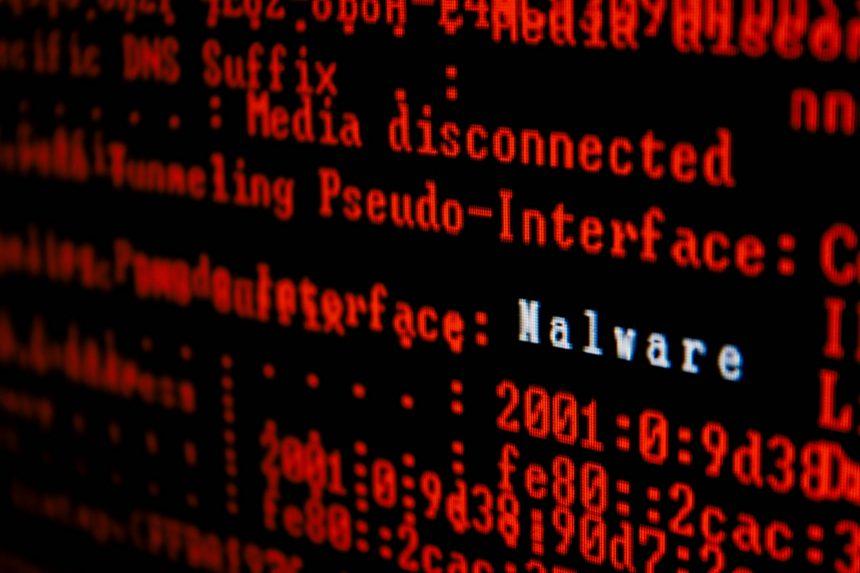There have been reports by Windows users about the AggregatorHost.exe process running quietly in the background of their systems. While the process seems to be related to the Windows system, its purpose is not always clear. It may lack information about its publisher in the ‘Properties’ window. The lack of data can be interpreted as the process being potentially unsafe. It is common for legitimate process names being used by potentially harmful third-parties to inject their own programs into the Windows OS.
Crypto-Mining Malware May Masquerade as the Legitimate Windows System Process ‘AggregatorHost.exe’
Usually, AggregatorHost.exe is a legitimate Windows process related to Windows Defender. In other words, although it is possible that the AggregatorHost.exe process is perfectly legitimate, it is not uncommon for malware to disguise using real files names. Therefore, you should check AggregatorHost.exe for any unexpected behavioral patterns. The legitimate version of this process file should be small in size and exclusively stored in the ‘C:\Windows\System32’ folder. The active legitimate process also takes up practically zero CPU and GPU resources.
Should you notice that the AggregatorHost.exe process is responsible for abnormally large resource usage, this could mean that a malware threat has been installed on your computer. The suspicious process could potentially belong to a crypto-miner Trojan that has hijacked the computer resources to use it for cryptocurrency mining. Crypto-miners are infamous for causing slowdowns, system freezes, and even critical computer errors. The persistent overuse of the device’s hardware increases the risk of overheating and permanent hardware damage.
How Do I Deal with a Malicious AggregatorHost.exe Process?
If you suspect that your computer is running a malicious AggregatorHost.exe process, you should scan for and remove any associated unwanted software from your computer by leveraging a reputable malware remediation tool. To prevent the installation of potentially unwanted programs in the future, you should practice good web surfing habits like avoiding questionable freeware sites, torrent pages, and other websites that may host unreliable software.





